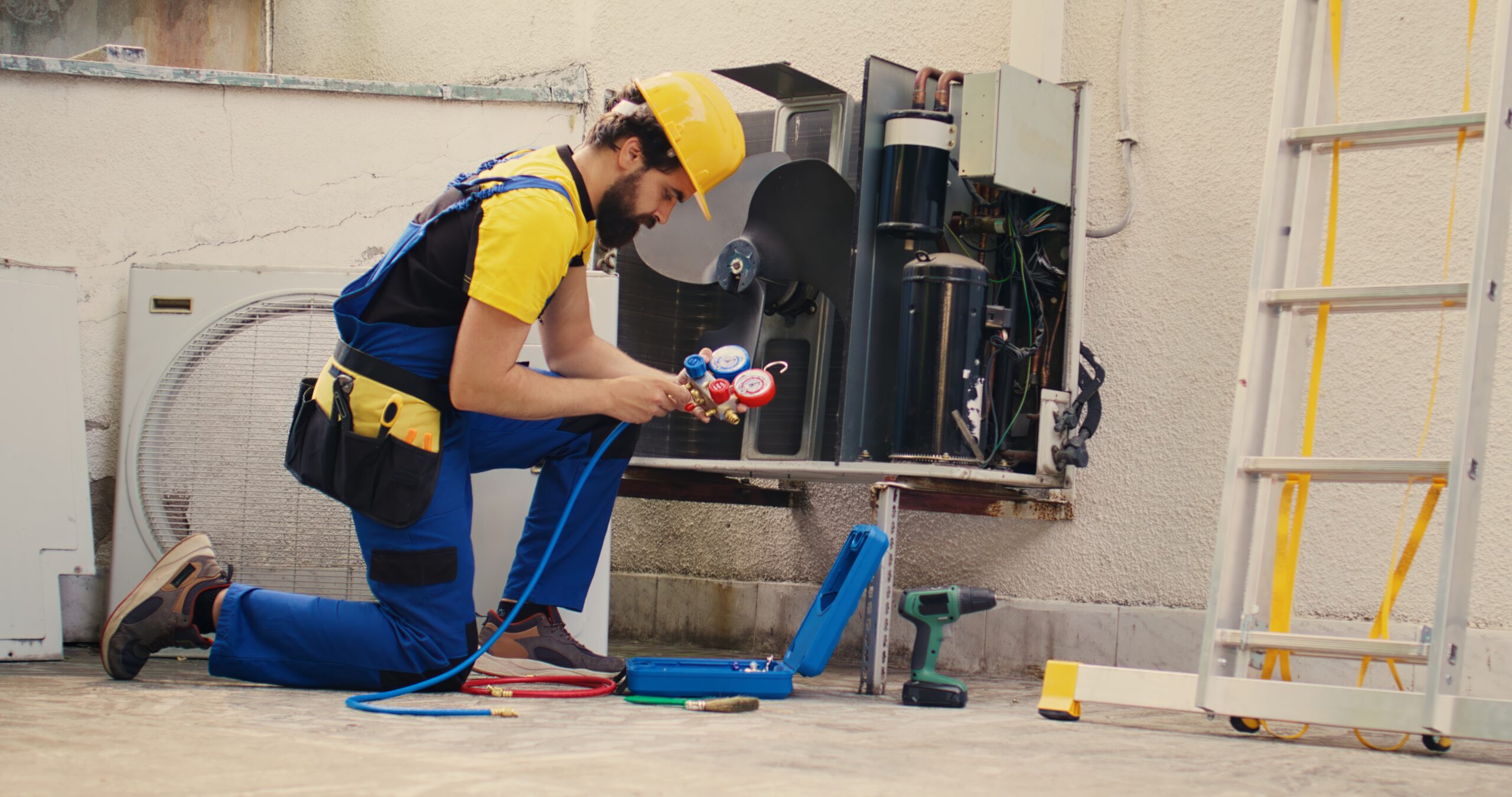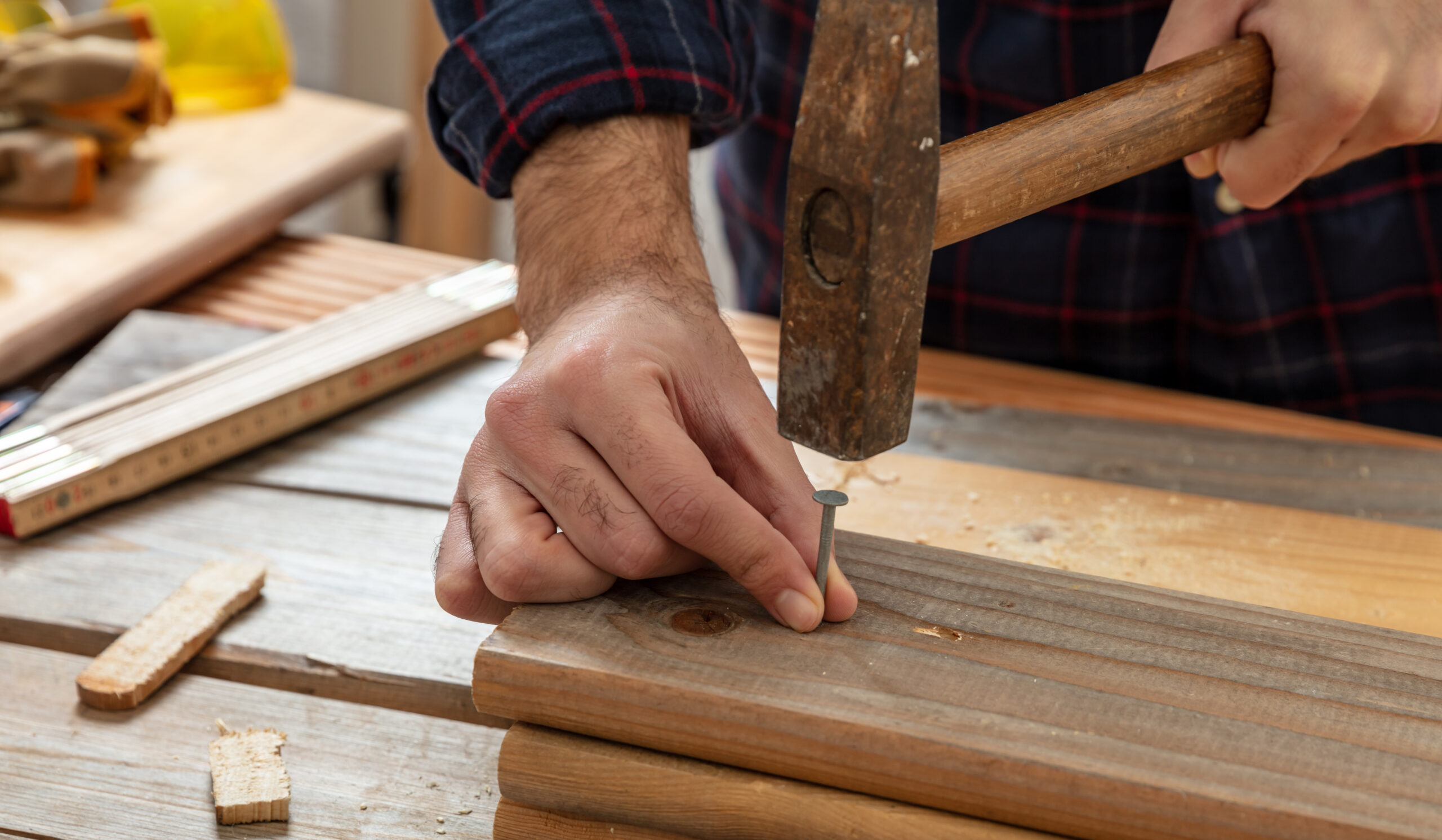If you don’t often interact with deaf people, then you may freeze up or embarrass yourself when you run across a person who is either deaf or hearing impaired. It’s true that fewer than one in 20 Americans are hearing impaired. Yet in raw numbers, that means there are about 10 million people in the United States who are hard of hearing and almost one million who are functionally deaf. Even if you think you mean well, it can still be a form of ableism to believe that you’ll worry about interacting with deaf people only when you have to do so, and not a minute before. Here are a few tips that will help you prepare yourself to better communicate with those who have hearing loss.
Face Them (But Don’t Get Too Close)
When you’re talking to a person who isn’t hearing impaired, you’re able to turn around and look at something behind you without losing the flow of the conversation. But the same rules don’t apply when you’re talking to a person who has lost either all or some of their hearing. You need to face them at all times. Also, try to make eye contact. If you have <span”>eye contact anxiety, now is a great time to face your fear and push through!
Not every deaf person can read lips, so don’t assume they can. Even if they can, it’s an imperfect science. Even the best lip readers won’t catch everything that you’re saying. You can help them by speaking as clearly as possible. Try not to mumble or rush your words.
But don’t speak louder just because you’re around a deaf person. That’s not going to work, and it’s going to make you look clueless. And don’t act surprised if a deaf person talks back to you. (Yes, many deaf people can talk.) They may sound a lot like you, or they may sound a bit different. Listen to them like you would anyone else. Make sure you’re not in their face; deaf people have personal bubbles as well. Crowding them isn’t going to help the conversation go more smoothly.
Write Things Down or Use Visual Aids
Some deaf people may carry around a pen and notepad to communicate. If they do that, don’t hesitate to use it. If they’re not carrying around a pen and notepad, tread carefully. You can grab some paper and write, “Can we talk like this?” If they write back “No,” then you should ask them what they would prefer.
Also, remember to be patient. Don’t assume that a person who is hard of hearing just isn’t trying enough. That’s an offensive assumption, and the deaf and hearing impaired have enough to deal with as-is.
If you regularly interact with someone who is deaf or hard of hearing, you should have some tools that can help you both. For instance, storing things on a photo manager might make it easier to pull up images from your most recent vacation—visual aids can be helpful to everyone regardless of how good their hearing is or isn’t.
Avoid Asking Rude Questions
If the person you’re talking to wants you to know something about the assistive technology they’re using, rest assured they’ll tell you. Maybe they’ll tell you all about their cousin who sells hearing aids in Fort Collins, and how that cousin hooked them up with a sweet deal. But you don’t have the right to ask them why they are or aren’t using a certain device that you think would help them.
When you ask someone why they haven’t fixed their hearing issue yet, you’re assuming that there is a fix readily available. You’re also assuming that they’re broken in a way that obviously needs to be corrected. Both of those assumptions are bad, and you should train yourself away from that kind of thinking.


















